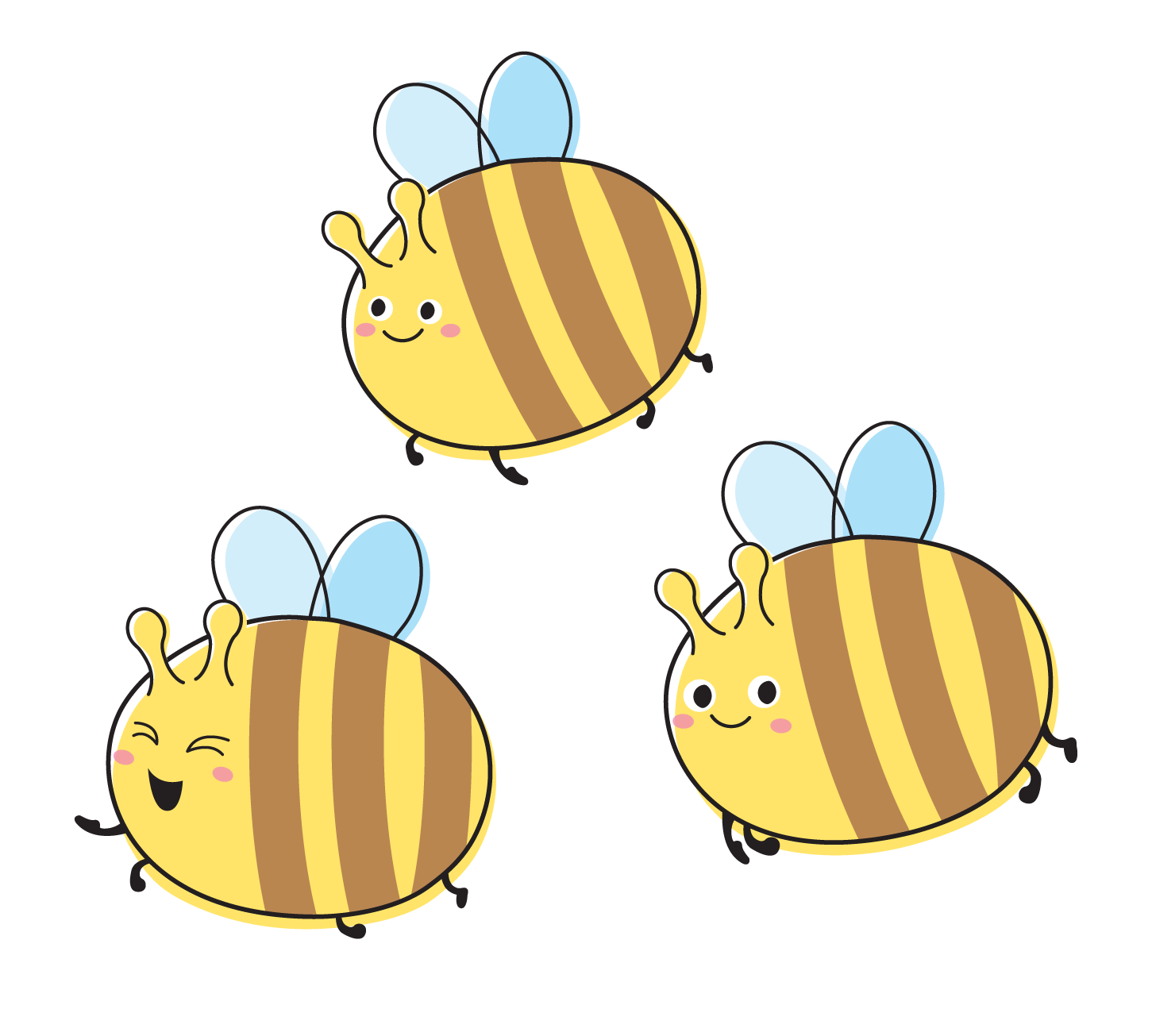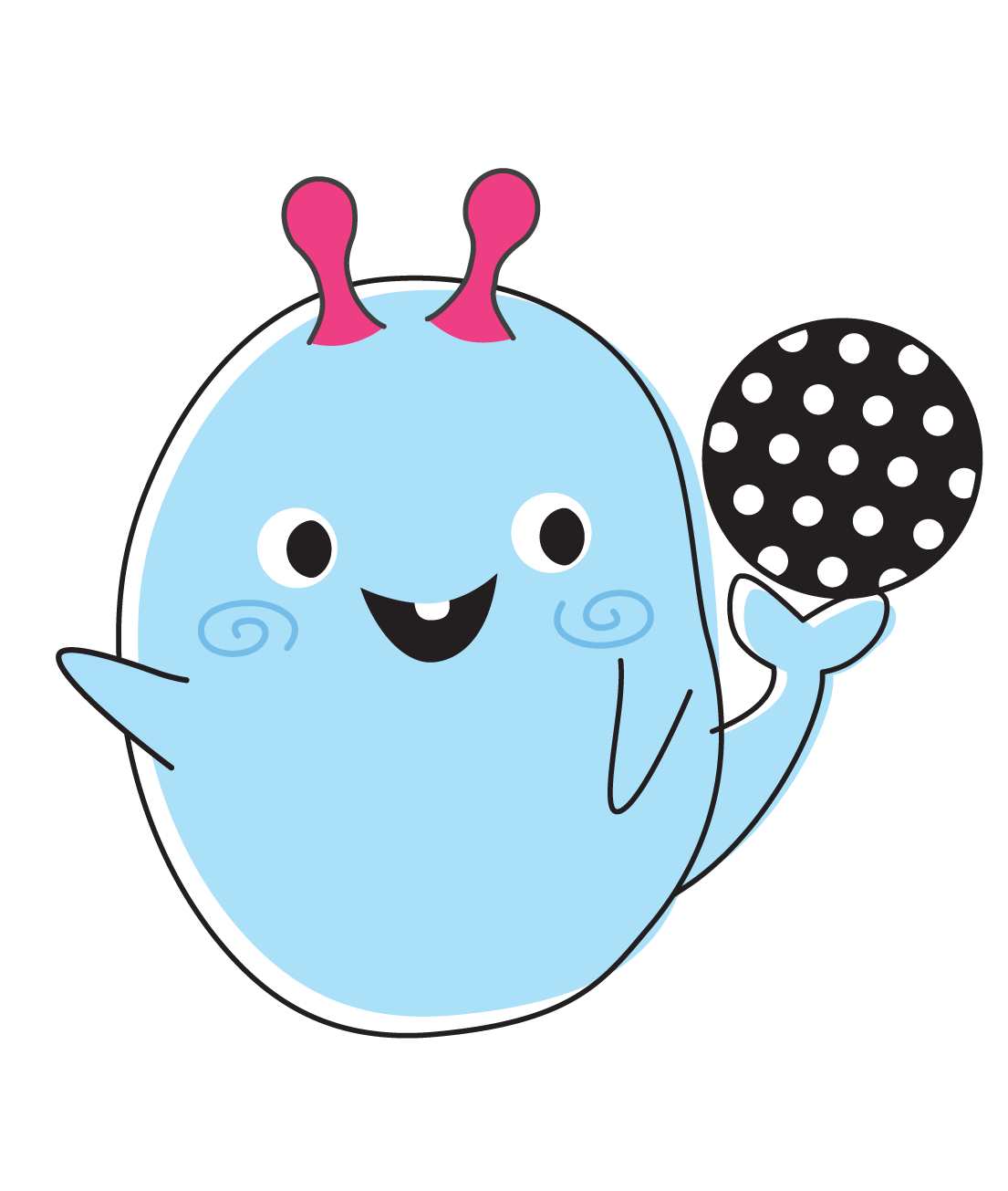Is it eczema? And what to do with it?
A: Eczema affects around 30% of Hong Kong children, with severe eczema occurring in 1 in every 20 eczema cases.
A: It is important to note that eczema is an immunological disorder and is not infectious, which means that you cannot contract it from another person. Atopic eczema is a hereditary disorder caused by the interplay of many genes and environmental factors. Most people have a family history of eczema or one of the other ‘atopic’ disorders, such as asthma or hay fever.
A: Water fills up healthy skin cells, producing a protective barrier. Skin fats and oils aid in the retention of moisture, the regulation of body temperature, and the prevention of hazardous chemicals or bacteria from entering our bodies. Consider your skin to be a brick wall in terms of how it functions. The exterior skin cells are the bricks, while fats and oils are the mortar that holds everything together and serves as a seal. The skin cells attract and retain water, and fats and oils also aid in this process. If you have eczema, your skin might not produce as many lipids and oils as others’, and it may be less able to retain water. As a result, the protective barrier is not as effective as it should be. Because the skin cells are not appropriately plumped up with water, gaps form between them. Moisture is then lost from the deeper layers of the skin, making bacteria or irritants more readily pass through.
A: Eczema on the cheeks, forehead, or scalp is common in infants under one year old. Often, it can spread to the knees, elbows, and trunk. In older children and teenagers, the rash frequently appears in the bends of the elbows, behind the knees, on the neck, or on the inner wrists and ankles. Their skin is frequently scalier and drier than it was when the eczema initially appeared. It can also get thicker, darker, or scarred as a result of all the scratching (a condition known as lichenification).
A: Eczema can be triggered by a variety of factors, including regularly used soaps and detergents, which remove oil from many people’s skin, but if you have eczema, your skin breaks down more readily, becoming itchy, cracked, and inflamed. Overheating with clothes, blankets, or heaters can cause skin irritation, as can fabric irritation. Food and environmental allergies, such as allergies to dust mites, plant pollens or animal fur can also brought on eczema.
A: Emollients and topical steroids are the recommended first-line therapies for most types of eczema. Wet wraps may be a useful supplement for certain people, especially if scratching is a severe issue. Antihistamines may be helpful in aiding sleep but long-term usage is not advised.
A: The ideal emollient is one you enjoy using since you will use it more frequently. Alternate between a lighter emollient during the day and during the warmer months, and a thicker one at night and during the winter months. Use your preferred emollient on a regular basis. This should be done at least twice a day, and more frequently if the eczema flares up. It is advised that an adult consume at least 500g each week (a kid requires at least 250g). Apply the emollient to your whole body, not just the eczema-affected region. Gently apply emollient in the direction of hair growth. Never massage up and down aggressively since this can cause irritation and obstruct hair follicles.
A: When topical steroid fails to work or are not tolerated, especially on sensitive skin, topical calcineurin inhibitors such as pimecrolimus cream or tacrolimus ointment may be beneficial. Phototherapy, oral steroids, immunosuppressant medications, a biologic agent, and a Janus kinase (JAK) inhibitor are examples of add-on therapies for severe eczema.
A: Eczema cannot be cured, but it may be managed well. Atopic eczema symptoms generally ‘grow out of’ children, although they might reoccur at any point in time. If you suffer atopic eczema at a young age, your skin is likely to stay sensitive even if the eczema does not reoccur.
A: The intensity of the eczema fluctuates, and it is critical to control the eczema as soon as it flares up. Learn what your skin reacts best to in addition to medicine during a flare-up. Everyone has preferences for their skin and/or things that help them feel better during a flare-up. Keep your child cool, moisturize them often, and keep them away from items that irritate their skin to manage eczema. If you’ve had a string of terrible flares and believe your eczema is no longer under control, ask your doctor to reassess your eczema and create an eczema treatment plan for your child.



